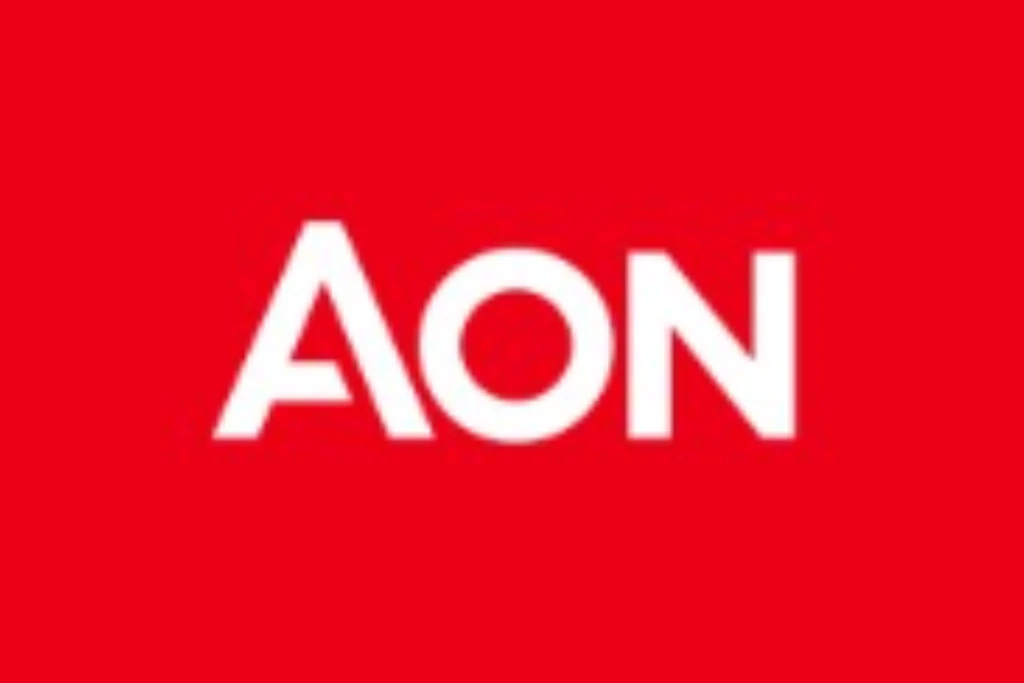Preparation is the key for smaller defined benefit pension funds that are looking to insure their scheme members’ pension liabilities via a bulk purchase annuity transaction, according to consulting firm Aon.
“The pension scheme risk settlement market is buoyant and, although there is some noise about small schemes being crowded out of the market by all the mega deals, this is not what we are seeing in practice,” said Joe Hathaway, Associate Partner in risk settlement at Aon.
“In fact, there are increasingly more options and resources available for schemes that are under £150 million in size. This expansion in capacity across the industry is welcome as it is really needed to support the increasing level of demand across the full range of scheme sizes.
“Most significantly, the market is especially active for schemes that have prepared correctly, and which have been taken to market in the right way. As schemes navigate new forms of volatility, we find there are always subtle changes to the market year-on-year and 2024 appears to be no exception,” Hathaway added.
Aon points to a handful of trends that it is seeing emerge in the smaller end – sub £150m in size – of the UK pension risk transfer market.
First, insurers are streamlining their broking processes to make it easier for them to quote on more deals at the smaller end of the market – but each insurer proposition is different. Aon says that this is positive in that a wider range of schemes are being catered for – but it does mean clients need to be well-informed from the outset.
Second, more insurers are now considering quoting for smaller transactions – either existing insurers developing their own streamlined process or new entrants to the market setting up to quote for smaller deals.
Third, insurers are increasingly engaging with a wider range of schemes on an ‘exclusive’ basis – so schemes may be encouraged to select one insurer at the outset to provide a quotation.
Additionally, Aon has compiled a list of ‘do’s and don’ts’ for smaller schemes.
On the ‘do’ size, Aon recommends that all stakeholders are aligned – which means making sure smaller schemes get the relevant training and understanding upfront.
They need to have a clear strategy, not just for the transactions but for post-transaction work as well – on which insurers are currently very focused. The member experience has to remain central throughout the entire process. And they need to be flexible for the best results and insurer engagement.
On the ‘don’ts’ side, Aon encourages trustees to not be afraid to ask – the processes may be streamlined but one size does not fit all. They also should try not to worry about complexity – there is some flexibility and willingness to find solutions to problems even for smaller schemes, for example, in relation to deferred premiums and solutions for defined benefit/defined contribution underpin schemes.
And don’t spring surprises on insurers – which will not be the case if schemes follow the ‘do’s’. Insurers have a close eye on their capacity, so planning and meeting deadlines is important to keep their place in the queue.
“All these thoughts come under the general heading of ‘Prepare’,” said Hathaway.

